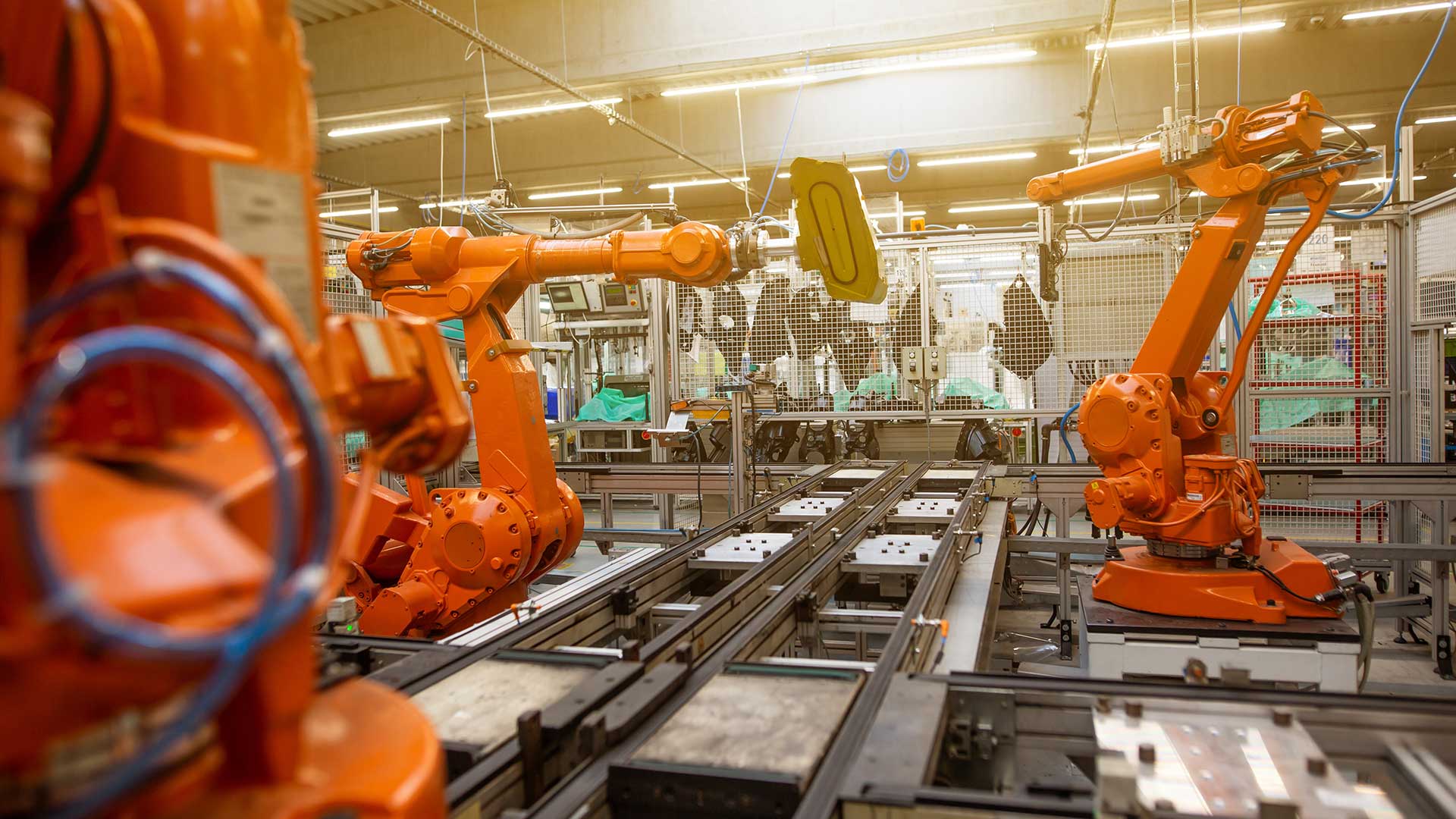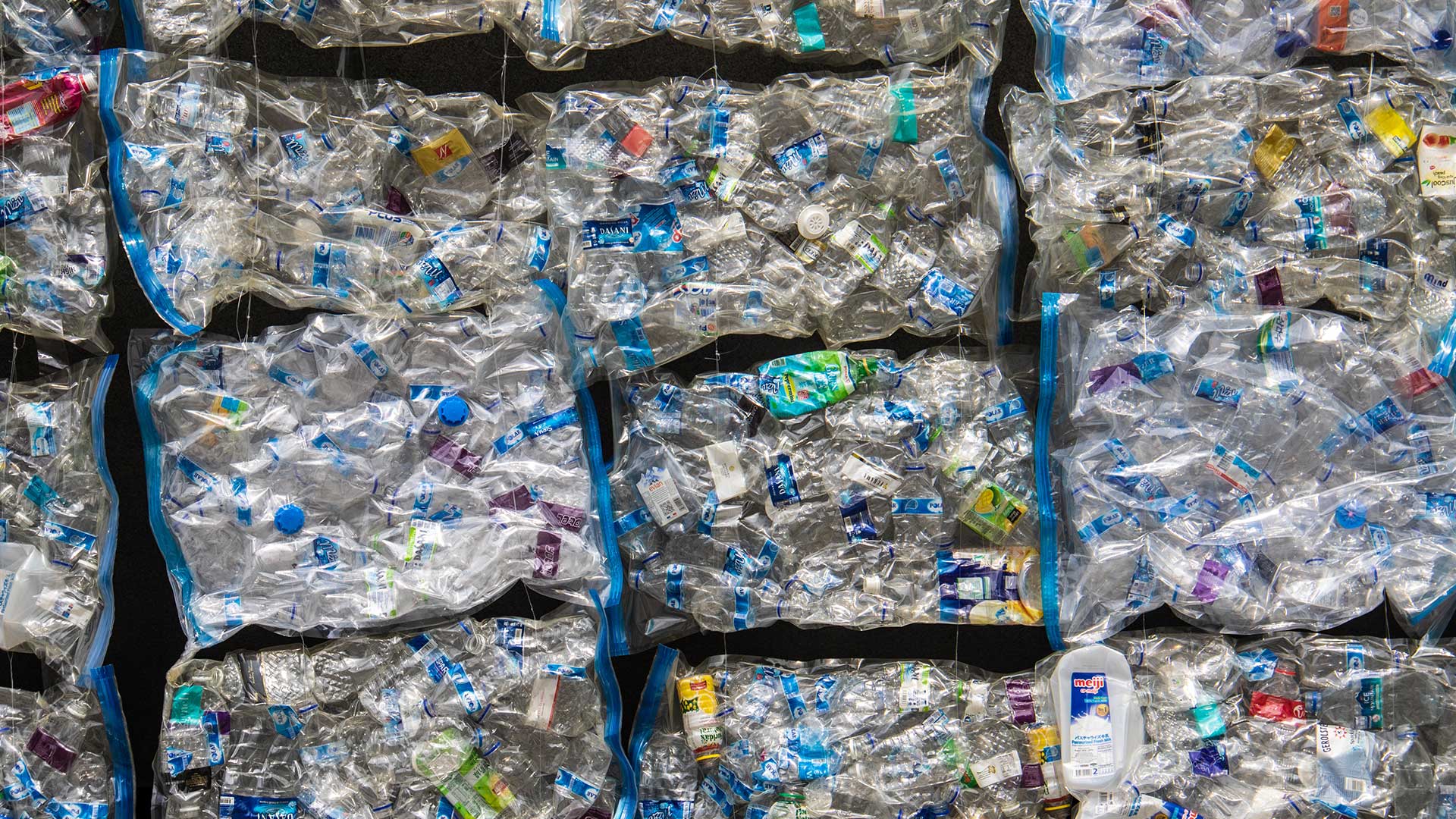DEMETO – The chemical reycling revolution
Scalable, high-performance, modular depolimerization through microwave technology
Nowadays, Polyethylene Terephthalate(PET)-based waste streams are mainly treated by means of mechanical processes, aimed at recovering plastic solid waste (PSW) for re-use. Given of the degradation and heterogeneity of PSW, only single-polymer plastics can be processed, thus excluding more complex and contaminated waste.
Is there a way to unlock the full potential of these apparently non-recyclabe plastics?
The answer is yes, thanks to DEMETO. This revolutionary project proposes a change of paradigm in favor of a chemical recycling process exploiting microwaves.
DEMETO’s sustainable depolimerization
Project Name:
DEMETO – Modular, scalable, and high-performance DE-polymerization by MicrowavE TechnolOgy.
Duration: 30 month
Years: 2020-2022
Target markets: Tech & Logistics
Partners:
3V Tech, Technical University of Denmark (DTU), European Outdoor Group, EuPC, Fricke and Malla GmBH, GR3N, H&M Hennes & Mauritz AB, NEOGROUP, Next Chem, PET CIA, Recuprenda, SUPSI Scuola Universitaria Professionale della Svizzera Italiana, Synesis sustainable automation, Spindox UK
Funding: European Union’s Horizon 2020
Our solution
DEMETO is a European Project and has received funding from the European Union’s Horizon 2020 research and innovation programme. The 14 partners that form the DEMETO consortium developed its innovative technology: the first feasible and sustainable (economically, environmentally and socially) industrial application of chemical treatment for reuse of PET/Polyester waste streams.
Advantages
DEMETO is a revolutionary new way to chemically recycle PET in a highly profitable and environmentally sustainable way. The advantages brought by DEMETO’s innovation are multiple:
-
- LONG LIVE THE PET: Thanks to a process-intensifying approach based on innovative usage of microwave radiations, DEMETO’s recycling technology will provide an indefinite life to PET, allowing it to come back to its composing elements (Ethylene Glycol, EG, and Terephtalic Acid, PTA).
- QUALITY, ALWAYS: the quality of recycled material does not degrade;
- SCALE ECONOMY: maintaining the quality of raw materials paves the way for a disruptive, large-scale circular economy for plastic products.




